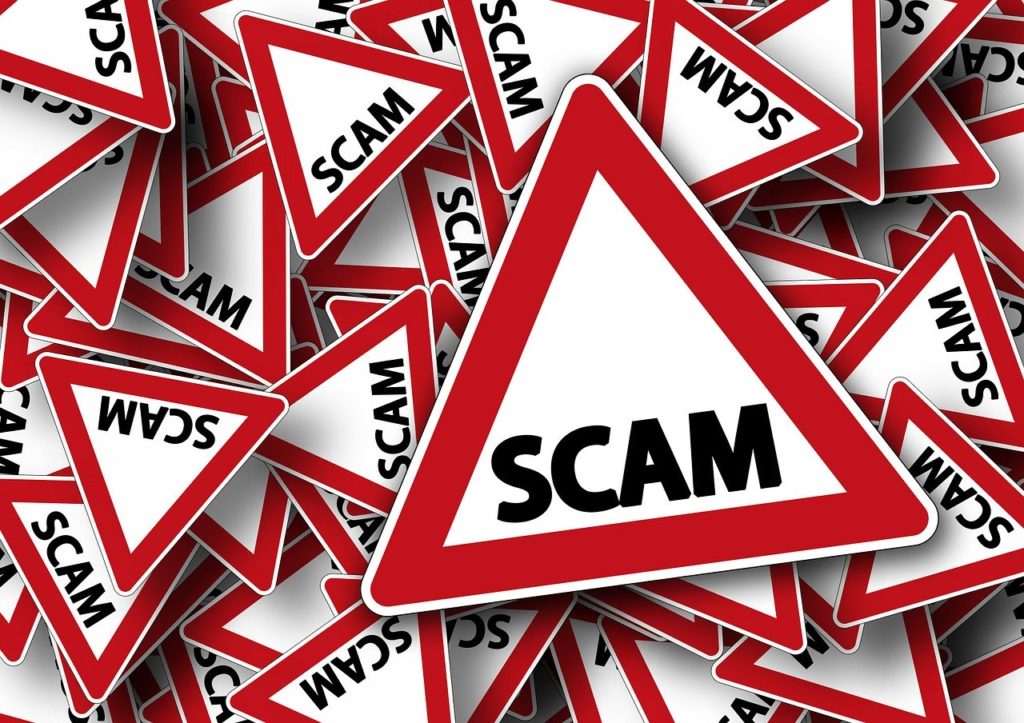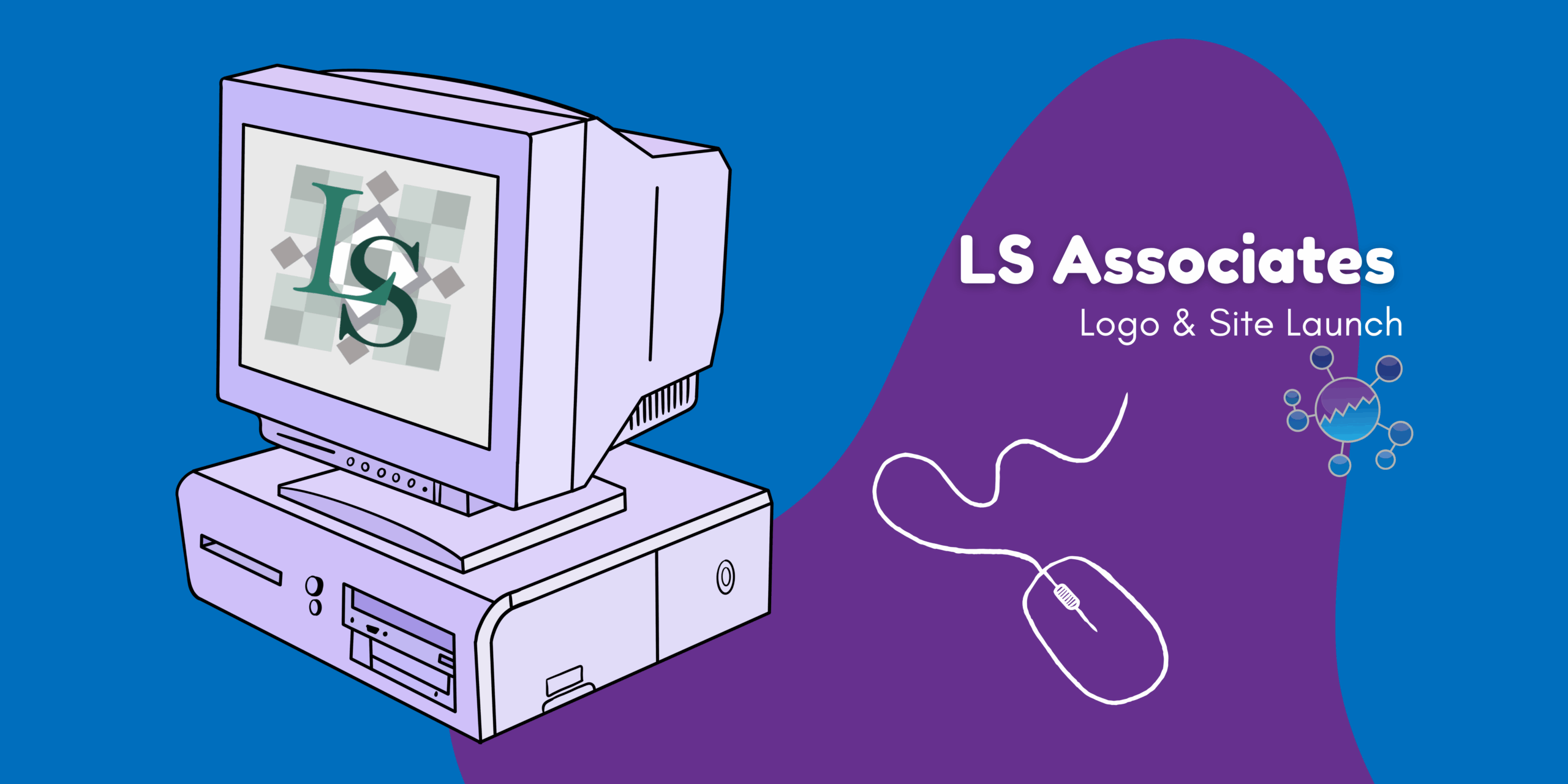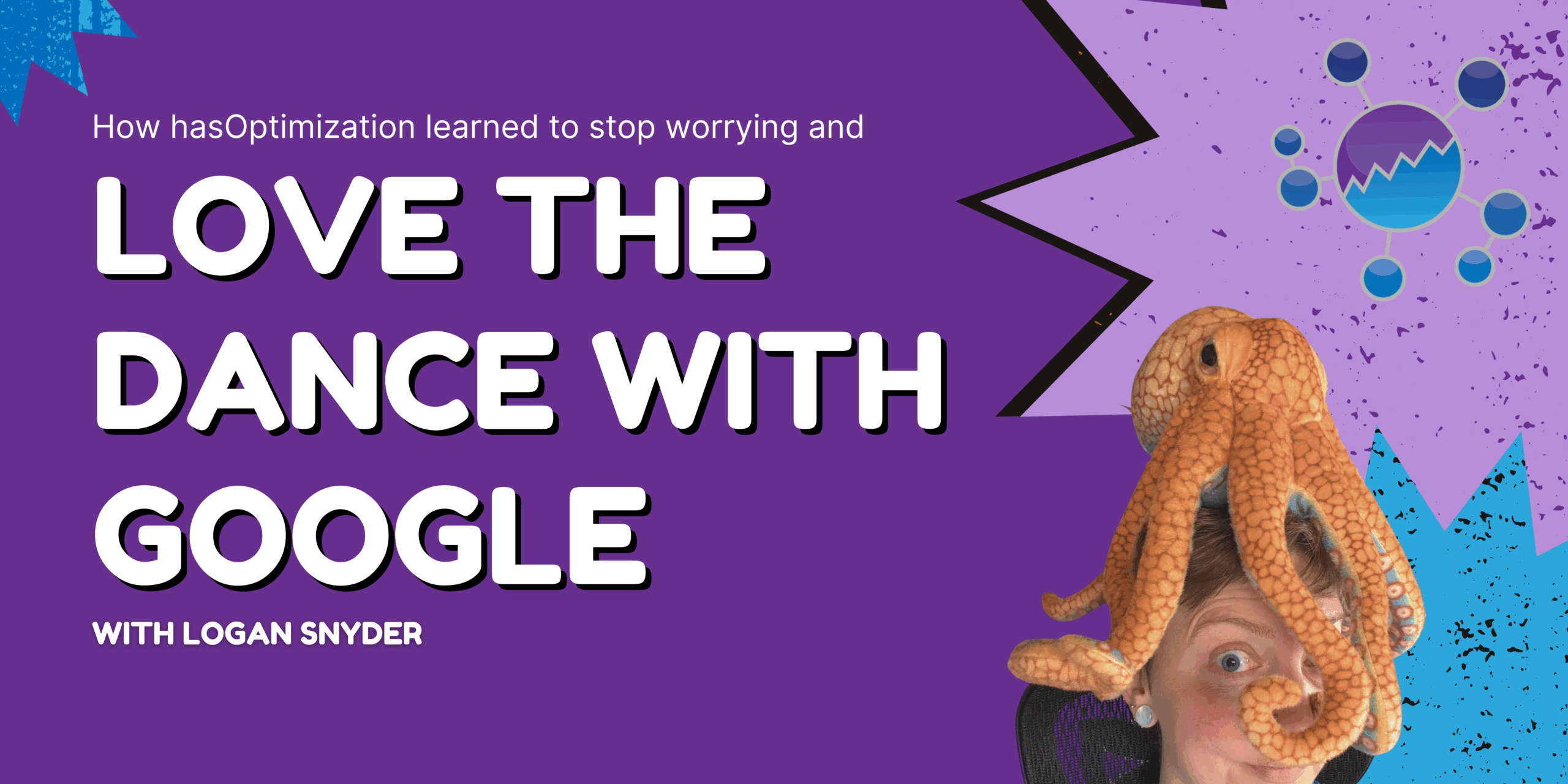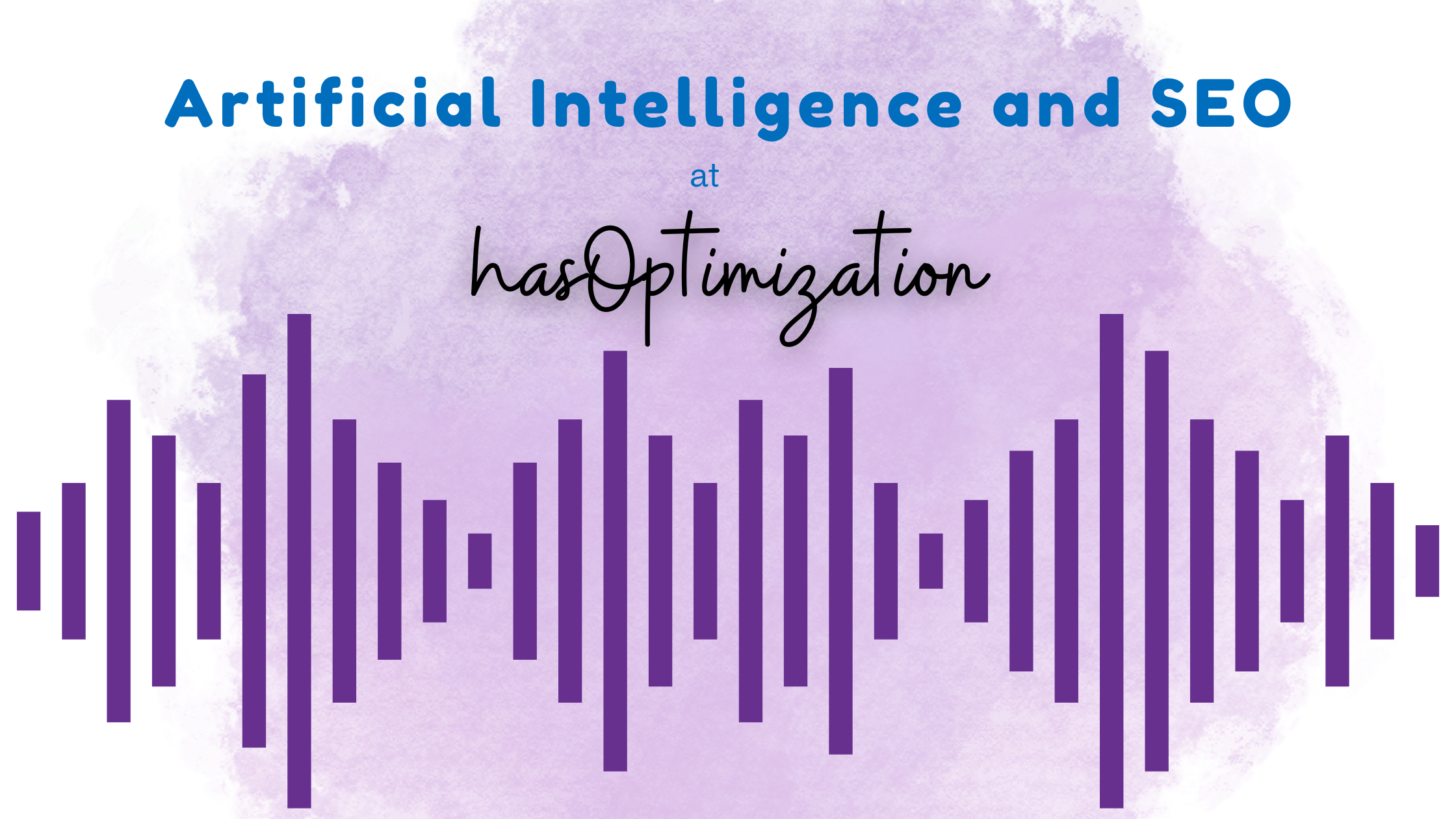 Posted by Aimee Cozza on August 14th, 2020
Posted by Aimee Cozza on August 14th, 2020While the internet isn’t exactly in a complete and total uproar about this like some of our previous installments of calm down, internet, many of our clients are sending us emails questioning the content of this spam — and rightfully so. In today’s “calm down, internet” we talk about a scammy piece of spam that threatens to take legal action against people for using “illustrations” or “photographs” that don’t belong to them.
The Spam
Here’s an example forwarded in from a client:
Hello,
This is Melonie and I am a professional photographer and illustrator.
I was surprised, to put it nicely, when I came across my images at your website. If you use a copyrighted image without my approval, you need to be aware that you could be sued by the owner.
It’s illegal to use stolen images and it’s so mean!
Check out this document with the links to my images you used at [url redacted] and my earlier publications to obtain evidence of my legal copyrights.
Download it right now and check this out for yourself:
[link redacted]
If you don’t delete the images mentioned in the document above within the next few days, I’ll write a complaint against you to your hosting provider stating that my copyrights have been infringed and I am trying to protect my intellectual property.
And if it doesn’t work, you may be pretty damn sure I am going to report and sue you! And I will not bother myself to let you know of it in advance.
The shocking thing about this is that clients are receiving it via their contact forms. Traditionally, contact forms do well to filter out spam like this using reCaptcha, but in a few cases, we’ve seen it slip through.
The Scam
Essentially, the scammer wants you to click on the link that is provided to look at the images. The link will actually download harmful documents or software to your computer, allowing malware to run on your machine, potentially hijacking personal information, or possibly even opening you up to a ransomware attack.
The Scare
It’s easy to scare unknowing business owners into clicking on a link to ensure that they are in compliance with copyright laws. The fact is, copyright is neglected so much on the internet that many people wrongfully assume they can take any image off of Google Images and use it however they please. A business owner may be scared into the thought that they could be liable for damages due to a misused stock image, or something they may have put up that wasn’t theirs. If you’re only using homemade images, or images you have the rights to use like from a stock site, or a royalty free image site, then you should be in the clear. Still…
How to tell it’s a scam
Right off the bat, “Melonie” does not give their first and last name, their website, or anything that lends any actual credibility to their claim of being an illustrator or photographer. Their email address they sent it from is a generic gmail address (keep in mind anyone can make a free gmail address; a good way to check email legitimacy is to put it through Google). The link goes to a Google site, or a dropbox, somewhere that isn’t actually legitimate.
Additionally, any artist, photographer, or illustrator who has been around knows how to properly have something removed. First you ask nicely, then if you don’t get a response, you send a DMCA request. If no response there, you send a DMCA request to the hoster. DMCA requests don’t look like this. a DMCA request needs a copy of the image and where it originally occurred (as well as the offending URL exactly), has a statement “under penalty of perjury”, and has the full name and address of the copyright holder. Most DMCA authors aren’t going to chase down every person who is using their artwork without permission with a lawsuit — that would be incredibly time consuming and costly — so it’s all about picking your battles. Maybe you used my drawing on your website and I sent you a DMCA which made you take it down — not much money to be had there — but maybe you used it in a massively popular HBO documentary — that I didn’t profit from (Side note: My artwork was used in this same exact documentary without my permission… I’m still awaiting the outcome of Joe Coleman’s case to see what action I should take).
Lastly, this scam has been going on for as early as May of this year. Take a look at these links describing eerily similar form submissions… This one, “Melissa” claims the same thing. “Melinda” also claims their images were stolen. Oh, and here’s “Melissa” again. You’ll notice that sometimes the “illustrator” or “photographer” is “shocked”, “baffled”, or “surprised” (always to put it nicely), and thinks it is “rude” or “mean” to use “stolen” images. The scammer just wants you to download the link — now’s a good time to remind you never to trust links from people you don’t know.
The Takeaway
We agree with the scammer that it is, indeed, rude or mean to use stolen images, so you should be on your best behavior when working on a blog, website, or a social media account, and only use images you’re allowed to use, paid for on a stock site, royalty free, or best yet — made by you. Do not use anyone else’s intellectual property without written permission, or you could end up getting a DMCA takedown request in your email. If you’re a hasOptimization client, you can rest assured that we take copyright very seriously and only use images we are allowed to use for client’s sites and social media.
Always check emails for legitimacy, and don’t click any links from people you don’t know. This goes for any email or messaging system. Stay safe, internet!




